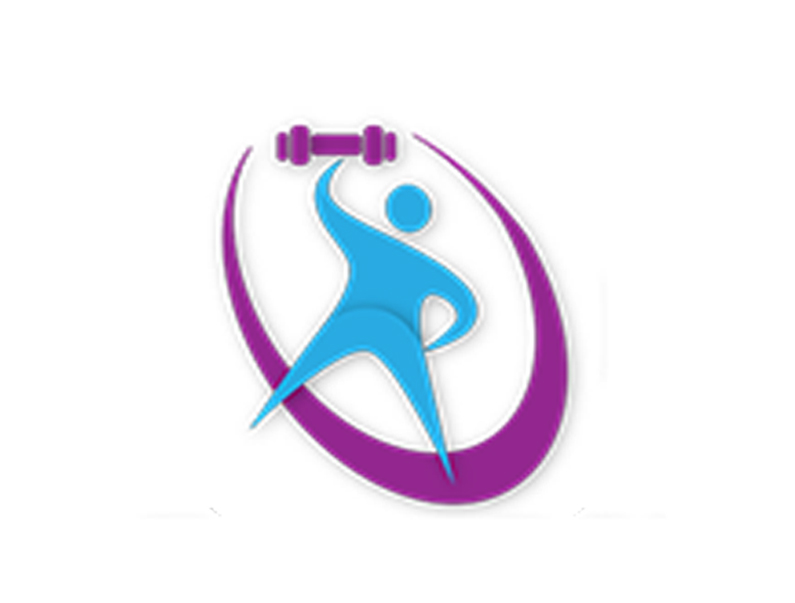BLOG 318 PHIL JACKSON
Coaching has been an integral part of my life. From having a father who’s a basketball coach, having many people coach me over the years, and then becoming a coach myself, I’d say my world has been pretty impacted by this topic. The foundations for my own practices are rooted in the examples my father has shown me, but there’s a well-known coach whom I have read and learned about and wanted to share with you. Phil Jackson, the infamous Los Angeles Lakers coach, has a style and philosophy I greatly admire. Plus I named my pug after him.
Phil Jackson is widely considered one of the most successful basketball coaches ever in the NBA. The titles speak for themselves and the players he has coached along the way are some of the best. He won 6 NBA titles with the Chicago Bulls and 3 titles with the Los Angeles Lakers. He has coached players such as Michael Jordan and Kobe Bryant. What qualities and skills does he possess to be able to accomplish such feats?? The answer to this would be the application of his 11 Principles of Mindful Leadership. He established and published these Principles to share with others.
The major message I received from these Principles is that a leader’s job is to build leaders at all levels (http://www.leadershipnow.com/leadingblog/2013/06/phil_jacksons_11_principles_of.html). The number one principle is to, “Lead from the Inside Out”, which means being true to yourself. Phil Jackson stated, “As time went by, I discovered that the more I spoke from the heart, the more players could hear me and benefit from what I gleaned” (http://www.leadershipnow.com/leadingblog/2013/06/phil_jacksons_11_principles_of.html). Number 2 is to “Bench the Ego” which Jackson describes as “distributing power”, not trying to have the last word, and to always keep the team’s vision in mind. He said,
“If your primary objective is to bring the team into a state of harmony and oneness, it doesn’t make sense for you to rigidly impose your authority” (http://www.leadershipnow.com/leadingblog/2013/06/phil_jacksons_11_principles_of.html).
Number 3 is to “Let Each Player Discover His Own Destiny”. Every player has strengths and weaknesses, and it is important for each player to find out what they can contribute best to the team. This doesn’t always mean points or rebounds. Not everyone looks good on paper, but given direction they can uncover great skills they possess to add to their game and the team. For me, every client has strength and weaknesses and it is important to tailor workouts to both parts. Number 4 is that “The Road To Freedom is a Beautiful System”, which refers to his triangle offense his teams ran. This type of play allowed each player to have a role and the freedom to play within structure that doesn’t restrict the freedom to adjust to the moment. In other words, I’m no drill sergeant and want to create sustainable, realistic, and possible programs for clients. Number 5 is to “Turn the Mundane into the Sacred”. Jackson incorporated meditation into his practices, because contrary to popular belief, playing pro basketball can get mundane and players need stimulation other than just what plays to run. Adding variety to workouts is key to avoid burn out and boredom. Number 6 is called “One Breath = One Mind”, which really highlights his Zen philosophy. He said, “Players “often have to make split-second decisions under enormous pressure. I discovered that when I had the players sit in silence, breathing together in sync, it helped align them on a nonverbal level far more effectively than words. One breath equals one mind” (http://www.leadershipnow.com/leadingblog/2013/06/phil_jacksons_11_principles_of.html).
Moving on, Number 7 says that “The Key to Success is Compassion”. Relationships are important among team members. Building a trusting relationship in a positive environment is critical for client success. Number 8 is to “Keep Your Eye on the Spirit, Not on the Scoreboard”, which involves focusing on the players and their working together rather than what the score is. The scale isn’t the only measure of success. Number 9 is that “Sometimes You Have to Pull Out the Big Stick” which is about preparing players for unexpected situations using methods in practices to make them respond to chaos. We know that life happens, and staying on our fitness journeys when life presents challenges can be difficult. I want to provide the tools for successful adjustments. Number 10 says “When in Doubt, Do Nothing”. He says that some occasions call for no action. Sometimes a plateau just works itself out and the body will respond when it is ready to. He likes the quote from Satchel Paige, who said, “Sometimes I sits and thinks, and sometimes I just sits (http://www.leadershipnow.com/leadingblog/2013/06/phil_jacksons_11_principles_of.html).” Finally, Number 11 is to “Forget the Ring”. No one likes to lose, but all you can do it prepare as best as possible for success and the outcome will be what it will be.
I see my clients as my players and there are strategies I use with each one of them. Like Phil Jackson, I know it isn’t always about X’s and O’s or weight and numbers. The fitness relationship we build is important and helping develop a better attitude and mindset towards health and wellness is what I like to emphasize. We are focusing on lifestyle changes and connecting the mind and body for this journey helps for long term results and success. Having the compassion and the ability to work through chaos are all important tools. We can get to our goals and win titles with the correct approach. Coaching can be complicated dealing with the various personalities and finding what tactic works best for each individual, but that’s what makes the job interesting and entertaining. I may be more perfectionist than Zen like Phil Jackson, and don’t know that we will ever meditate haha, but his Principles are written on my desk on a Post- it note whenever I need to re-visit them.
